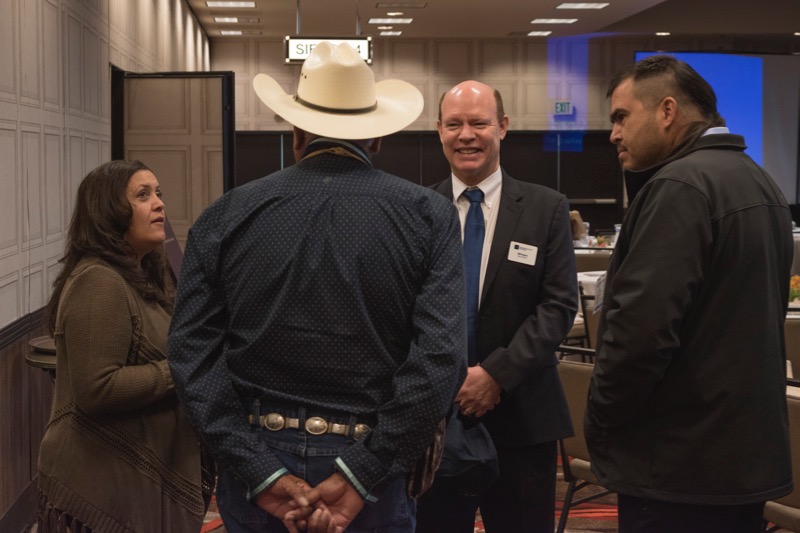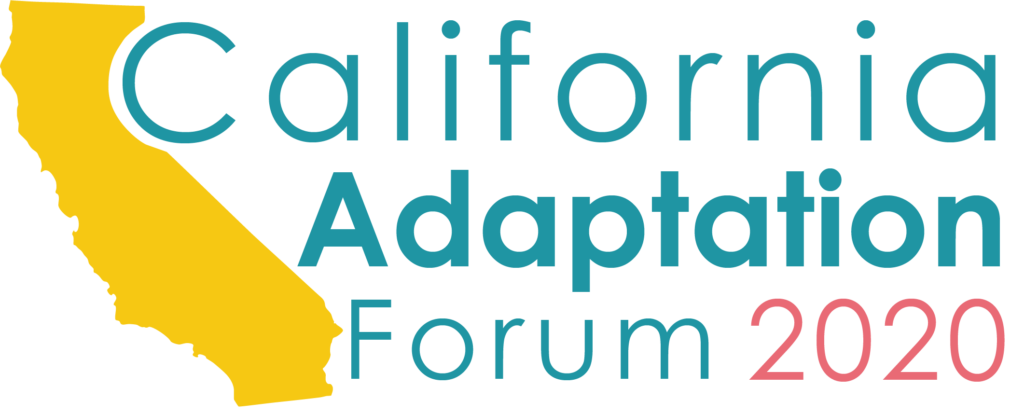Please note that this article will be updated in April to include adaptation-specific connections, best practices, and lessons learned.
In mid-November, the Native Waters on Arid Lands (NWAL) team hosted our third annual Tribal Summit. Approximately 120 people attended the 2017 Summit, traveling to Sparks, Nev. from communities, reservations, colleges and universities located across the U.S to share information related to climate change, water resources, agriculture, ranching, climate adaptation options, and other topics during two days of talks and interactive sessions.
Youth Day – November 13, 2017
The week of the 2017 Tribal Summit began with a new event called Youth Day, which was held at the Desert Research Institute in Reno, Nev. This was a day for tribal youth to participate in hands-on science activities with DRI researchers, and to learn about careers and educational opportunities in the sciences.
On November 13, a group of 21 students from Pyramid Lake Jr. Sr. High School came to DRI to participate in Youth Day. They learned about how water has shaped the Truckee Meadows region, discussed myths and legends related to climate change, and learned about educational opportunities in the sciences. After lunch, they practiced extracting DNA from a banana, and learned about terminal watersheds with DRI’s Science Alive staff.
News Channel 4 sent a reporter to preview the event: http://mynews4.com/news/local/kids-learning-about-stem-careers-at-desert-research-institute-youth-day (please note – much of the video footage in this news clip was not actually taken at Youth Day!)
2017 Tribal Summit, Day One – Wednesday, November 15
The 2017 Tribal Summit began with an opening prayer and song from Mervin Wright, Jr. and Nik Wright of the Pyramid Lake Paiute Tribe. Bill Payne, Dean of the College of Agriculture, Biotechnology and Natural Resources at the University of Nevada, Reno, gave a welcome. Jim Dobrowolski, the National Program Leader from USDA-NIFA (the funding agency for NWAL) spoke to the group about his agency and their Climate-Water-Agriculture programs.
Other highlights of the first day included a keynote talk by Scott Goode of Nourishing Systems about techniques for enhancing food production using methods like composting walkways. Several members of the NWAL team presented research updates on topics of economics, water sharing, climate vulnerability assessments and a NWAL needs assessment. A session on climate adaptation programs provided information on various assessments and reports that might be of interest to people living on tribal lands.
In the afternoon, Summit participants chose between two breakout sessions, which featured tribal speakers and panelists on the topics of: 1) multi-state water allocation challenges related to groundwater and surface water; and, 2) traditional knowledge and ecology, and how to build agricultural resilience through traditional values.

Day two – Thursday, November 16
On the second day of the 2017 Tribal Summit, Attorney Wes Williams, Jr. from the Walker River Paiute Tribe gave a talk on tribal water rights, including an overview of the prior appropriation system and important water law and water rights court decisions from the past to the present.
Morning breakout sessions focused on 1) economic development strategies and livelihood development in agriculture, and 2) tribal ranching and conservation practices on Native Nations. Both sessions featured panelists and speakers from tribes and reservations around the west, including representatives from the Ute Tribe, the Yavapai-Apache Nation, the Shoshone-Bannock Tribe, the Tohono O’odham Nation, the Navajo Nation and the Walker River Paiute Tribe.
In the afternoon, keynote speaker Patricia Ferguson from Arizona State University described challenges related to climate change along the Louisiana Gulf Coast, where coastal flooding has displaced native villages.
The final session of the 2017 Tribal Summit was a tribal education forum, in which speakers described some of the opportunities that are available for tribal students, including a new NWAL research partnership program that pairs faculty from research institutions with students and faculty from Tribal Colleges and Universities in support of scientific research projects. Speakers also discussed some of the challenges and barriers that must be addressed in order to best support tribal institutions, faculty and students in the future.

